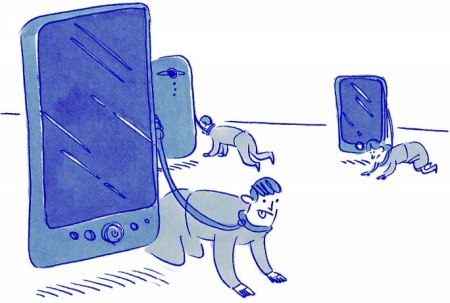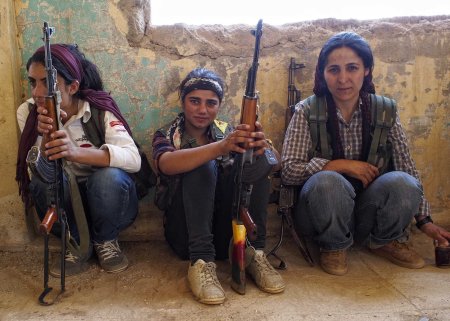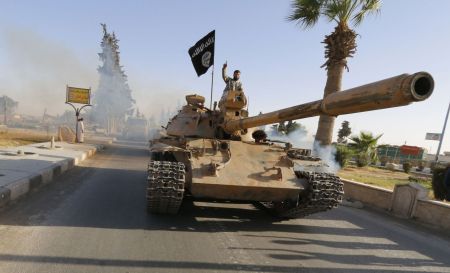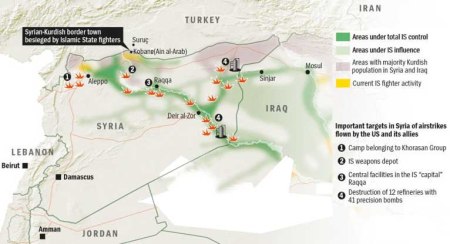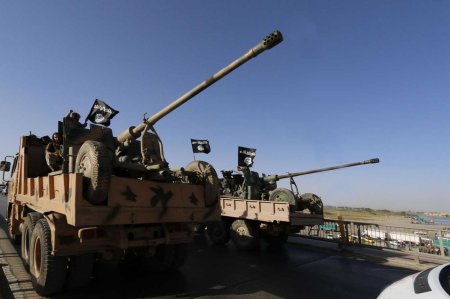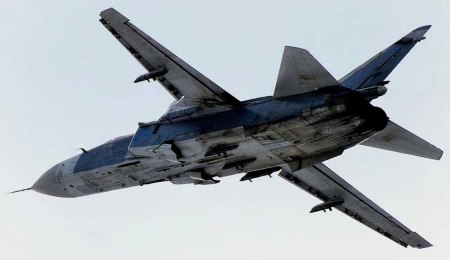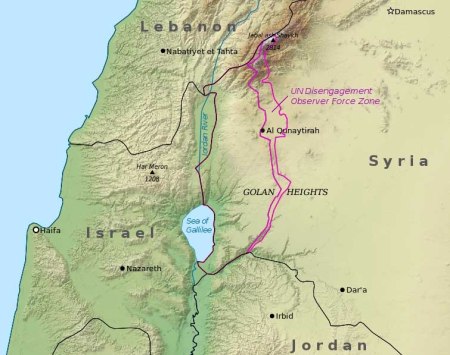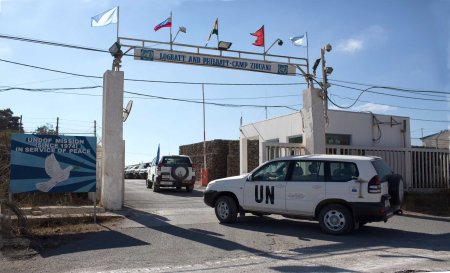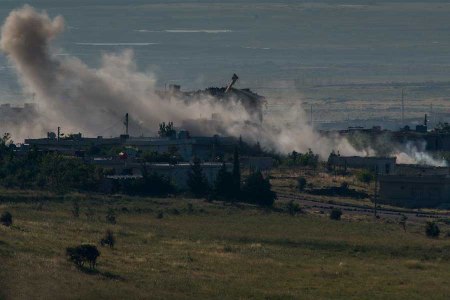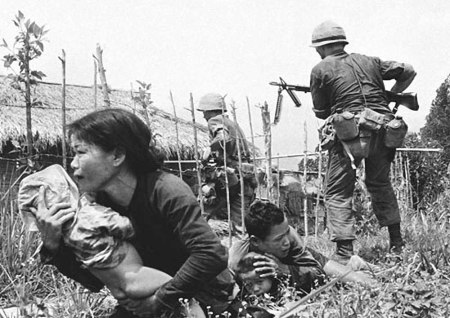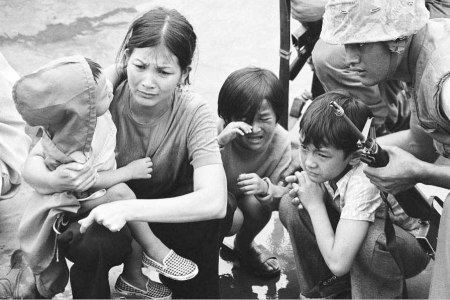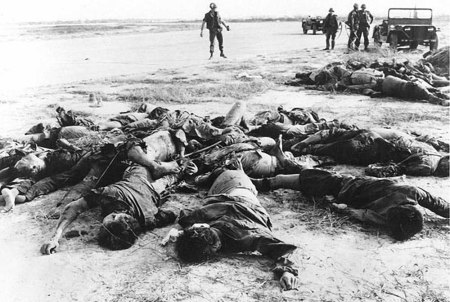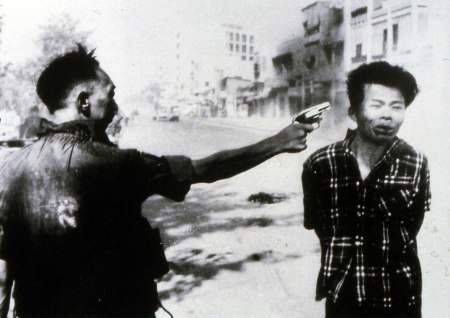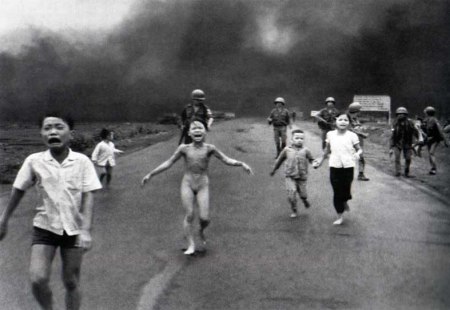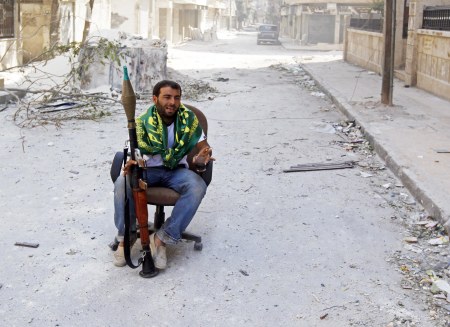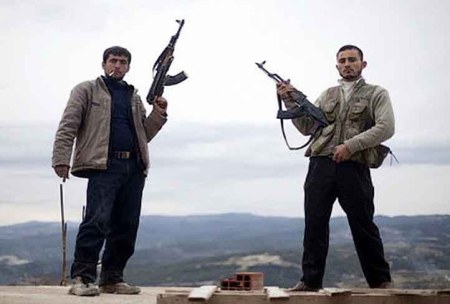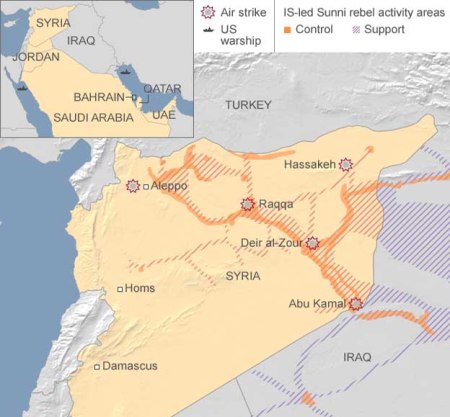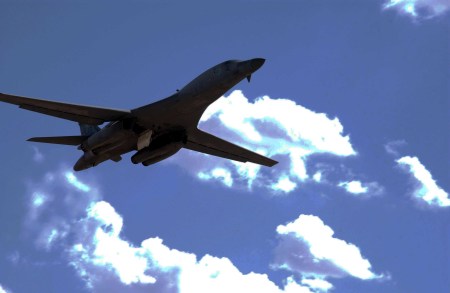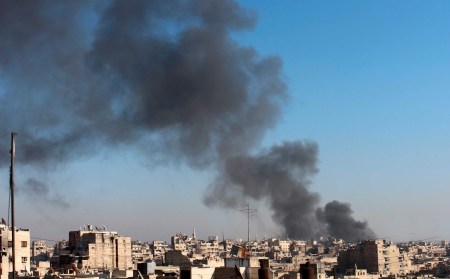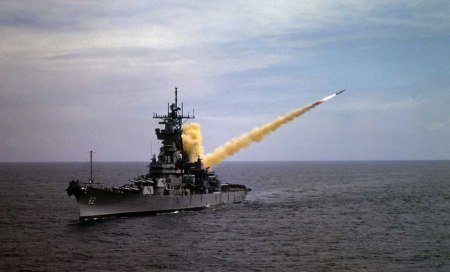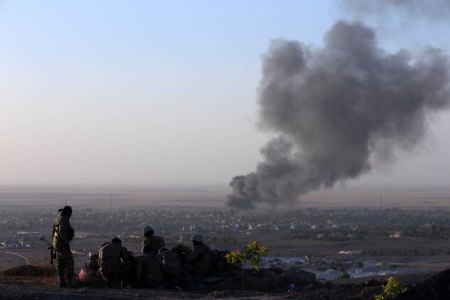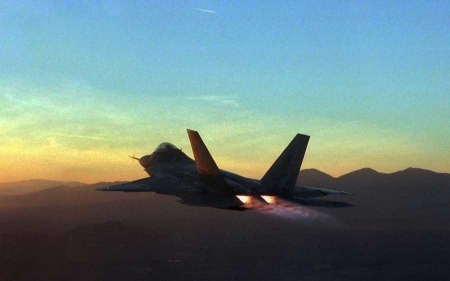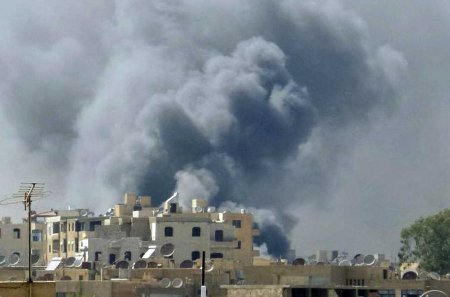One reader told me that I write so much and she has not the time to read long blog posts. Most of my texts have between one thousand and two thousand words, some have up to six thousand words. For readers, who are used to twitter messages with a limit of 140 roman characters, it is for sure challenging if not impossible to get through such long texts.
I will in future write short posts in between. Like this one:
Reportedly the visitors of this blog get differing impressions about the author (me).
I’m considered to be:
I’m considered to be:
An arrogant and presumptuous cynic.
A strange and dangerous alien monster.
A socialist, trotskyist, determinist, nihilist, atheist, pacifist
(I’m all of that btw.)
A compassionate human being who feels empathy for fellow creatures and who tries to help.
A strange and dangerous alien monster.
A socialist, trotskyist, determinist, nihilist, atheist, pacifist
(I’m all of that btw.)
A compassionate human being who feels empathy for fellow creatures and who tries to help.
For those who are in a hurry and don’t have time to read older texts and who nevertheless want to make up their mind about this blog, here are a few essential excerpts from an old post:
Every person shall live her or his life in the most efficient way using the least possible amount of energy and resources and causing the least possible harm to fellow creatures and to nature in general.
Everybody shall have the chance to develop her or his full potential and to contribute to the wellbeing of her or his fellow creatures.
We have to stop reproducing until the world population has stabilized at a sustainable level of four to six billion.
(This is from my blog text You want to save the world?)
If your are brave:
Tell the truth, be a whistleblower. Lift the veil, reveal, expose.
Be careful, remain anonymous, don’t tell even your best friend.
You don’t want to end like Chelsea Manning?
Tell the truth, be a whistleblower. Lift the veil, reveal, expose.
Be careful, remain anonymous, don’t tell even your best friend.
You don’t want to end like Chelsea Manning?
And if you are even more brave:
Block, hinder, obstruct, sabotage.
Study computer science, mathematics, programming.
Reverse engineer Stuxnet.
Block, hinder, obstruct, sabotage.
Study computer science, mathematics, programming.
Reverse engineer Stuxnet.
Now the hard part:
Stop watching TV, stop viewing any products of corporate media and the Hollywood dream machine.
Avoid or at least ignore advertising. Use add-blockers.
Don’t multitask.
Stop watching TV, stop viewing any products of corporate media and the Hollywood dream machine.
Avoid or at least ignore advertising. Use add-blockers.
Don’t multitask.
And the very hard part:
Stop buying, stop shopping, stop consuming.
Slow down! Drop out of the rat race, live at your own pace.
Don’t use credit cards, avoid banks, insurances, and other financial institutions.
Use public services and non profit organizations, shun corporate businesses.
Even better: Join or create small networks to make the big networks irrelevant.
Become independent, self-reliant, self-sufficient.
Stop buying, stop shopping, stop consuming.
Slow down! Drop out of the rat race, live at your own pace.
Don’t use credit cards, avoid banks, insurances, and other financial institutions.
Use public services and non profit organizations, shun corporate businesses.
Even better: Join or create small networks to make the big networks irrelevant.
Become independent, self-reliant, self-sufficient.
If you are able to apply the proposed lifestyle changes, use the gained time for meditation and for acquiring additional skills.
Become a dissident, become a teacher, become a prophet!
Don’t forget: Life is a journey without return and every day that is gone, is gone forever.
Spend your days wisely!
Become a dissident, become a teacher, become a prophet!
Don’t forget: Life is a journey without return and every day that is gone, is gone forever.
Spend your days wisely!
The Hurried Reader
 Why have you come here,
Why have you come here,reader?
You have torn
this book open
and you dig frantically in its pages
searching for
who knows what treasure
hidden in the sand
Do you want to cry
or to laugh
Do you have no one else
to talk to
Is your life
that empty?
Then close this book quickly
Keep it away from the alarm clock
and the medicine cabinet
Let it ripen
in the sunlight of desire
on the branch of beautiful silence


